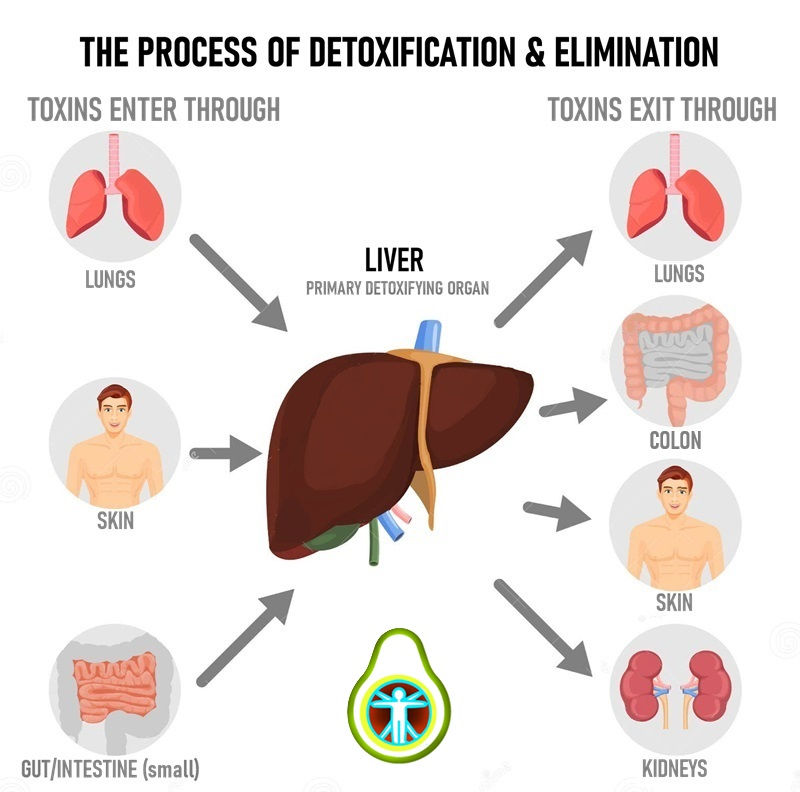Herbal Medicine: A Timeless, Holistic Approach to Natural Healing
- ketogenicfasting

- Nov 17, 2025
- 3 min read
Herbal medicine is rooted in humanity’s enduring relationship with plants and offers a timeless, holistic approach to wellness. According to herbalist Simon Mills, who has worked in the field since the late 1970s, herbal remedies were foundational to all systems of medicine before the era of modern pharmacology.

Table of Contents
This table of contents outlines the key themes from the Herbal Reality article on herbal medicine: https://www.herbalreality.com/herbalism/western-herbal-medicine/what-is-herbal-medicine/.
It highlights how herbal remedies support both self-care and professional practice, explains what happens during a herbal consultation, and explores core principles such as storytelling, nature-based healing, the role of plants, mind-body-spirit balance, and the body’s ability to restore itself.
What Is Herbal Medicine? – An overview of herbal medicine as a holistic, plant-based system of healing used across cultures for thousands of years.
Herbs as Accessible Self-Care Remedies – How everyday herbs can be safely used at home for basic wellness and family care.
Herbs in Professional Medical Practice Worldwide – A look at how trained physicians and practitioners around the globe continue to prescribe herbal therapies.
Herbs and Personalized Health Care – Why herbs are well suited to individualized, constitution-based treatment approaches.
How Herbal Practitioners Work – A description of how practitioners assess symptoms, find patterns, and create customized herbal plans.
When to Consult a Herbal Practitioner – Guidance on when self-care is not enough and professional herbal support becomes beneficial.
What to Expect in a First Session – What typically happens during an initial herbal consultation and how it sets the foundation for treatment.
Starting Your Herbal Journey – Suggestions on how beginners can engage with herbal medicine and choose their starting point.
Modern Varieties of Herbal Practice – An overview of contemporary herbal approaches shaped by tradition, science, and global influences.
Common Theme I: Sharing Stories – How storytelling helps practitioners understand a person’s health history, lifestyle, and emotional landscape.
Common Theme II: Out of Nature – The philosophy that natural environments and plant life are central to human healing.
Common Theme III: The Plants – Appreciation of the inherent qualities of medicinal plants and their diverse therapeutic roles.
Common Theme IV: Mind, Body, Spirit – Recognition that herbal medicine supports whole-person wellness across physical, emotional, and spiritual levels.
Helping the Body to Help Itself – The core herbal principle that treatment works by stimulating and supporting the body’s own healing processes.

Herbal Medicine Supports The Body’s Own Healing And Regulatory Mechanisms
At its core, herbal medicine emphasizes supporting the body’s own healing and regulatory mechanisms rather than simply attacking disease-symptoms directly. Herbs are ideally selected and combined by a professional practitioner to “nudge” the body back toward balance — to ease stress, support digestion, calm the nervous system and restore vitality — using plant preparations such as teas, tinctures, syrups and extracts.
Herbal Medicine Draws From Several Traditions
In the Western tradition, it blends classical European practices (from ancient Greek and Roman roots) with folk plant-use and the language of modern health-care, offering a bridge between old and new.
Across the world, other systems such as Ayurveda and Traditional Chinese Medicine also feature botanical healing, but the Western herbal approach is distinct in its integration with Western clinical paradigms.
Mind, Body & Spirit in Herbal Medicine
The art of herbal medicine acknowledges the interplay of mind, body and spirit: it recognizes that our health is shaped by environment, lifestyle, emotional state and physiology.
While modern science is increasingly validating the mechanisms behind plant-based therapies (for taste, aroma and constituent effects), the guiding paradigm remains one of facilitation—helping the body heal itself with the gentle agency of plants.




Comments